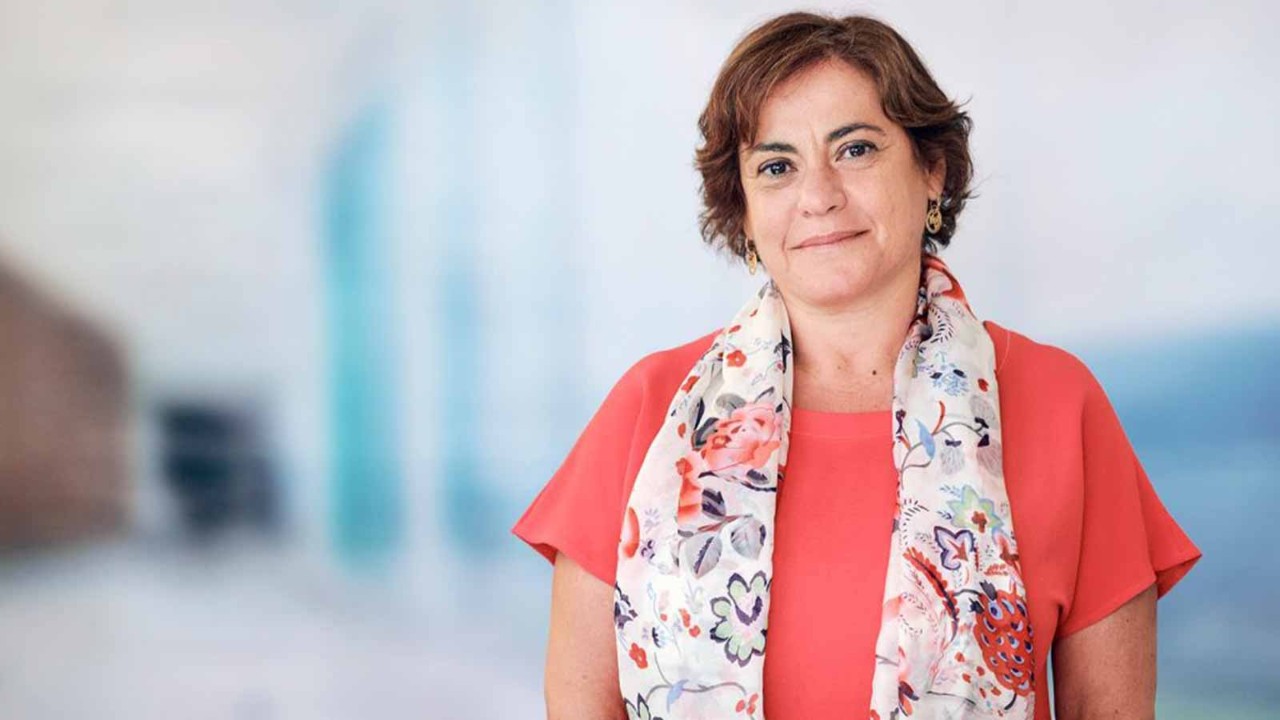
The new chair of the International Ethics Standards Board for Accountants (IESBA) intends to boost trust in a profession that has been undermined by public scandals, some highlighting conflicts of interest.
Gabriela Figueiredo Dias, the first woman appointed to the role, has other goals, too, chief among them developing ethical standards for environmental, social and governance (ESG) reporting, and helping the sector deal with disruptive technologies such as artificial intelligence (AI).
Dias’s past professional experience reflects IESBA’s goal to accommodate the ‘concerns of a wider audience, including investors’, about auditing and accounting ethics, she says, highlighting the importance of integrating different perspectives from across the international financial sector.
The worldwide application of IESBA’s global standards is important to maintain consistency
Inclusive message
Before taking on her current position on 1 January, Dias was the executive chair of the Portuguese Securities Market Commission (CMVM). She has also served as a vice chair of the OECD's corporate governance committee and has been a board member of both the International Organization of Securities Commissions and the European Securities and Markets Authority.
Her appointment as head of the New York-based International Federation of Accountants (IFAC)’s IESBA is important since there is a perception that the profession lacks diversity. It sends out 'a good message that the profession can be and should be more inclusive and more diverse in terms of leadership', Dias says.
Trust crisis
IESBA is responsible for the International Code of Ethics for Professional Accountants, which includes detailed practical guidance on auditor independence. Dias's chief concern is to recover and enhance the confidence in corporate financial and non-financial reporting, recognising that there is a trust crisis due to scandals over audit practice over the past two decades.
Dias, who trained originally as a lawyer, wants to see ethical standards continually evolving to respond to ‘the needs of the community, stakeholders, and the profession’, as well as raising their profile to ‘reinforce confidence in the performance’ of accountants and auditors.
Affecting almost three million professional accountants represented by IFAC, the code applies in more than 120 countries, although Dias recognises that its application depends on local jurisdictions’ capacity and will for enforcement.
She accepts that the challenge of translating the code into something more concrete, including legislation, ‘is difficult’, considering ‘the local culture, context and values’, as is ensuring that the concept of ethics as a ‘value chain’ for firms and society is ‘intrinsically understood’, she says. This includes the need for a ‘clear line’ between audit services versus non-audit services, she points out.
'Sustainability reporting standards are critical, but they will not live without a strong ethical foundation'
Continuing reform
A major development in audit reform came in April, when IESBA released a broader list of public interest entities (PIEs) whose audits should observe additional independence requirements, including publicly traded entities (replacing the term ‘listed entities’) and adding deposit-taking institutions such as banks and insurers.
Dias stresses that clear, common definitions are important because ‘there are many requirements in terms of ethical standards and technical accounting standards’ for PIEs.
IESBA has also called on all jurisdictions to go further than the code and include locally important companies within audit ethics rules, such as wealthy and powerful pension funds, investment funds and even major charities.
Clear definitions
In addition, IESBA is aiming to finalise a project plan for ethical standards on sustainability reporting and assurance by December, following ongoing consultation, including with the new International Sustainability Standards Board (ISSB) and the International Auditing and Assurance Standards Board – another IFAC-related body.
'Sustainability reporting standards are ‘critical, but they will not live without a strong ethical foundation’, she argues, adding that ethical standards for accountants are ‘equally or even more needed when we are talking about preparing and assuring sustainability information’, given their scope and complexity.
IESBA has called on jurisdictions to go further and include locally important companies within audit ethics rules
Action on ESG
During her time at CMVM, Dias was involved with developing Portugal's ESG standards and notes how far public acceptance of sustainability reporting has moved. ‘Three years ago, talking about sustainability in the finance sector or accountancy was a narrative for lunatic people wanting to save the world,' she says. 'But nowadays, awareness about their mandatory nature is there.’ However, most companies are still not delivering ‘a practical, concrete approach’ on sustainability reporting, leading to a danger of ‘greenwashing’.
‘Fortunately, there is also a strong and clear awareness of these risks by regulators and standard setters,’ she observes. Regulatory frameworks are essential, she says, something that is the goal of ISSB's work this year. While global standards are being developed, she says, ‘there are many complaints’ about a lack of information on benchmarks.
Another goal for Dias is for IESBA to create a roadmap this year to start drafting standards on tax planning, which is a ‘sensitive’ though relevant topic, she says.
Technology concerns
IESBA has also issued proposed amendments to its code to accommodate new developments in technology, the results of a consultation due for consideration in September.
Dias notes that AI brings many opportunities to enhance the quality of financial information and the role of auditors, but it also represents many challenges, risks and threats for training staff and ensuring that tools have a ‘strongly ethical base when designed’.
Clients, accountants, auditors and regulators must understand the potential impact of such tools – for example, on privacy.
Given the challenges of the current landscape, Dias's three years in office could see enormous transformation in the understanding and application of ethics.
More information
Read AB's Skills special edition, as well as the recent articles 'IASB sets out priorities' and 'Audit committees in scope'
